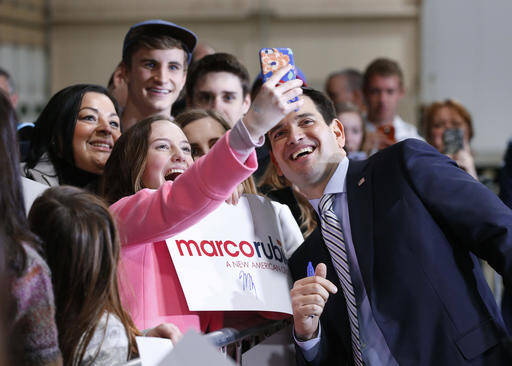The presidential primary calendar is patently unfair. This year’s campaign raises the question of whether the system even does what it was designed to do. For more than 40 years, Iowa and New Hampshire have held the lead-off contests for both parties’ presidential nominations. Largely rural and almost entirely white, the two states establish front-runners and drive most of the others from the race. This year’s calendar also gave disproportionate power to the South; every state in that region held relatively early primaries. In contrast, several large states (including California, Maryland, New Jersey, New York, Pennsylvania and Wisconsin) will vote too late to help any aspirant who has already foundered.
The supposed advantage of letting Iowa and New Hampshire vote first is that they promote “retail” politics, giving lesser-known candidates the chance to win and build momentum. Jimmy Carter won the White House this way in 1976, but no one has accomplished a similar feat since. This year, Donald J. Trump won the Republican primary in New Hampshire despite spending little time in the state. Polls suggest that a national G.O.P. primary on Feb. 1 would have given Mr. Trump a plurality of the vote, and it appears that the party will end up with the same result after a primary season lasting more than four months and including at least a dozen nationally televised debates.
It is long past time to find a better way to select presidential nominees—one that gives all regions of the United States, and all types of communities, an equal voice. Both major parties should be held accountable for meeting this goal.








